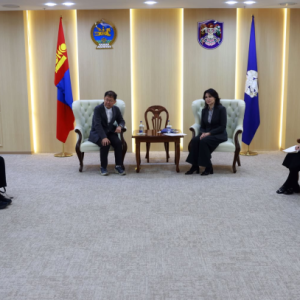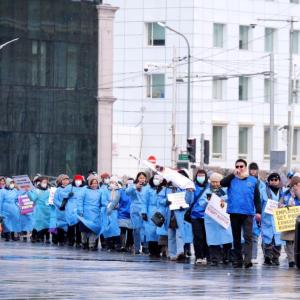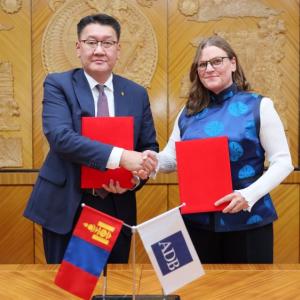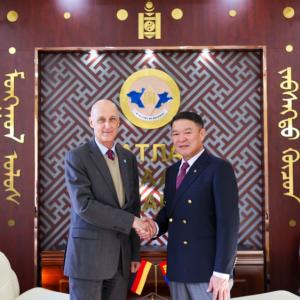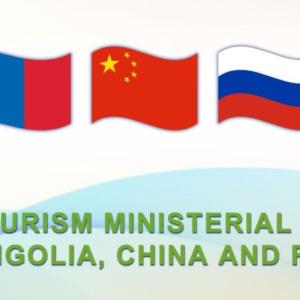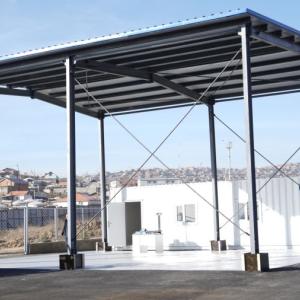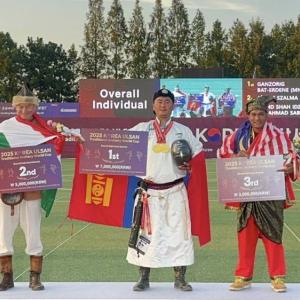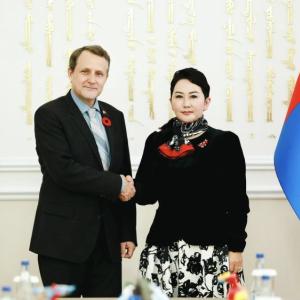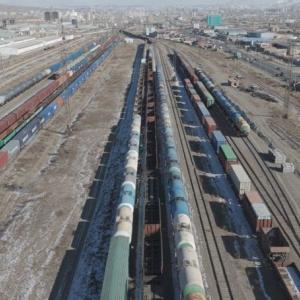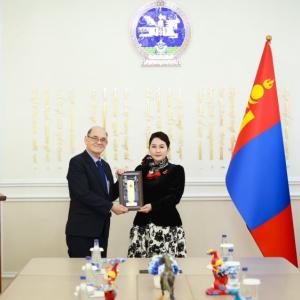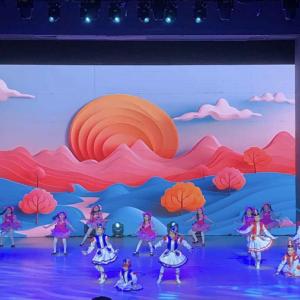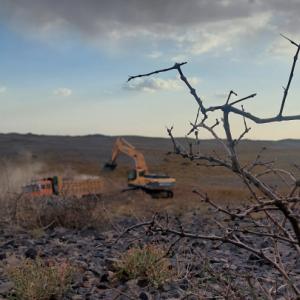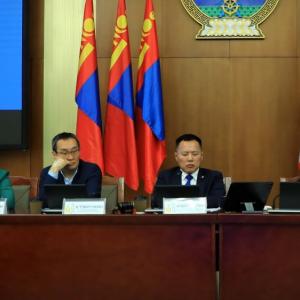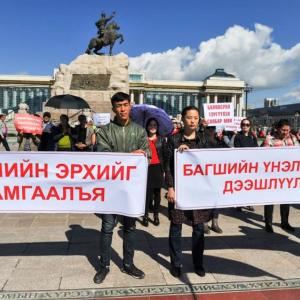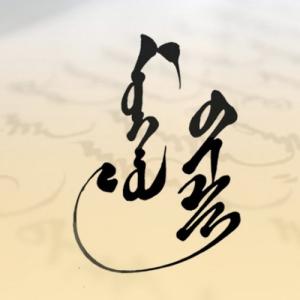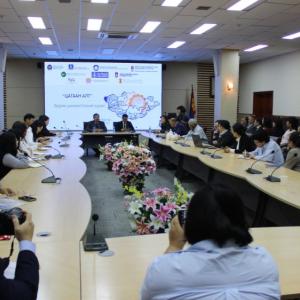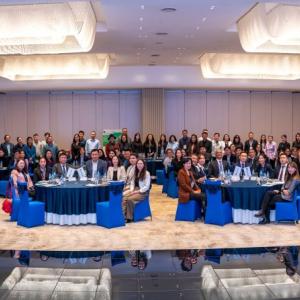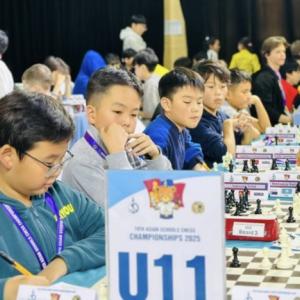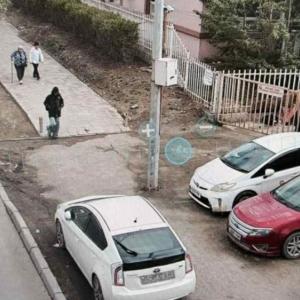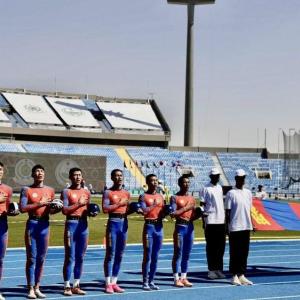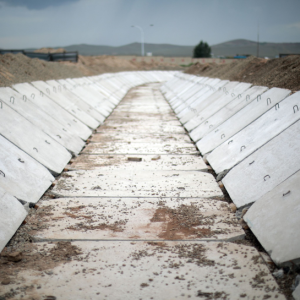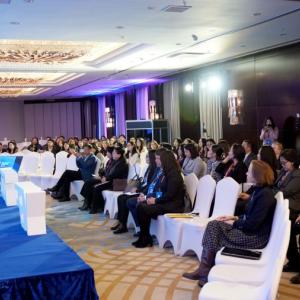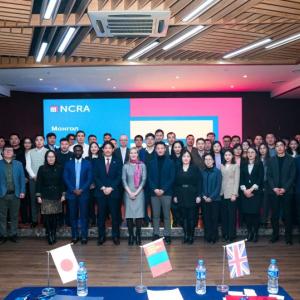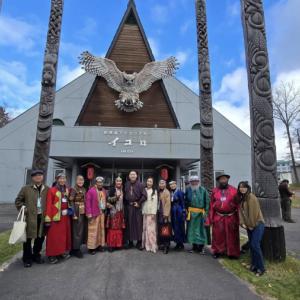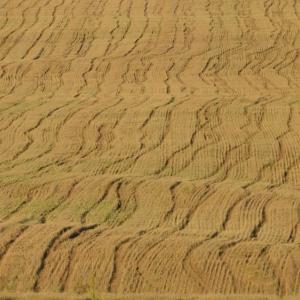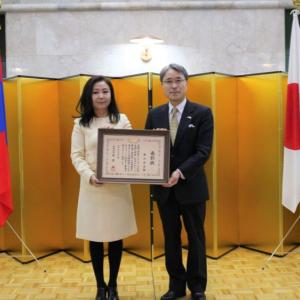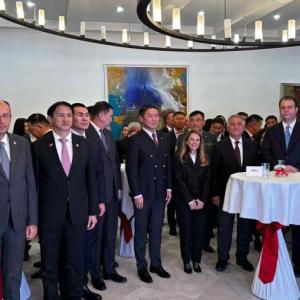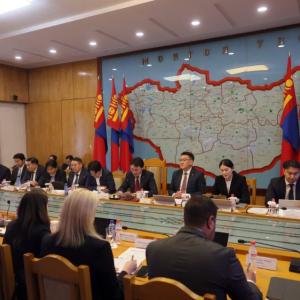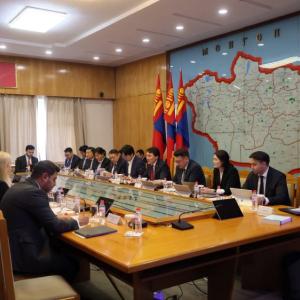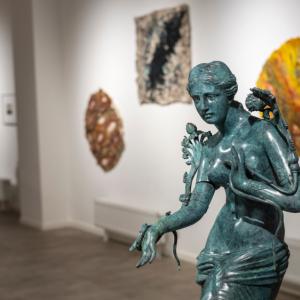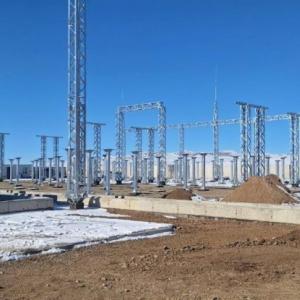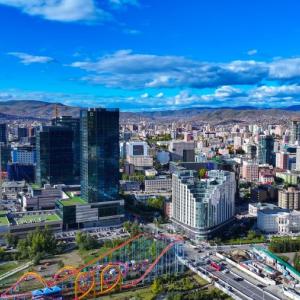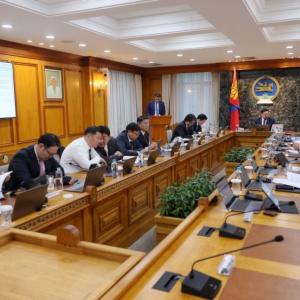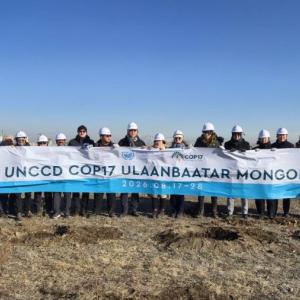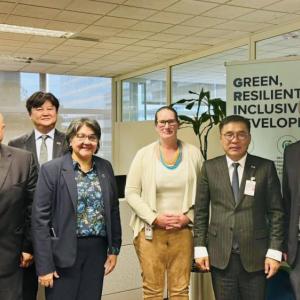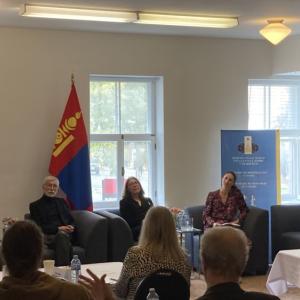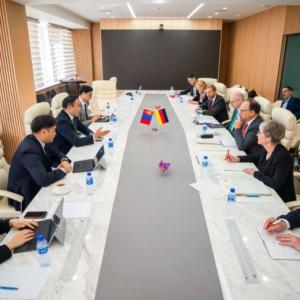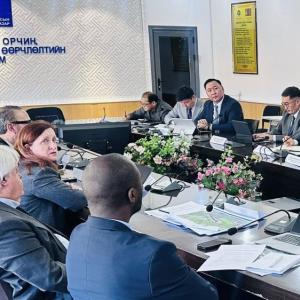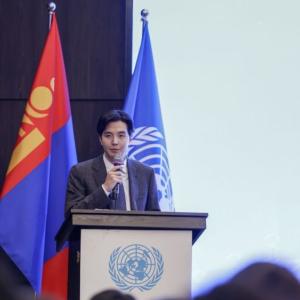Mongolia marking Buddha Purnima as public holiday for second year
Society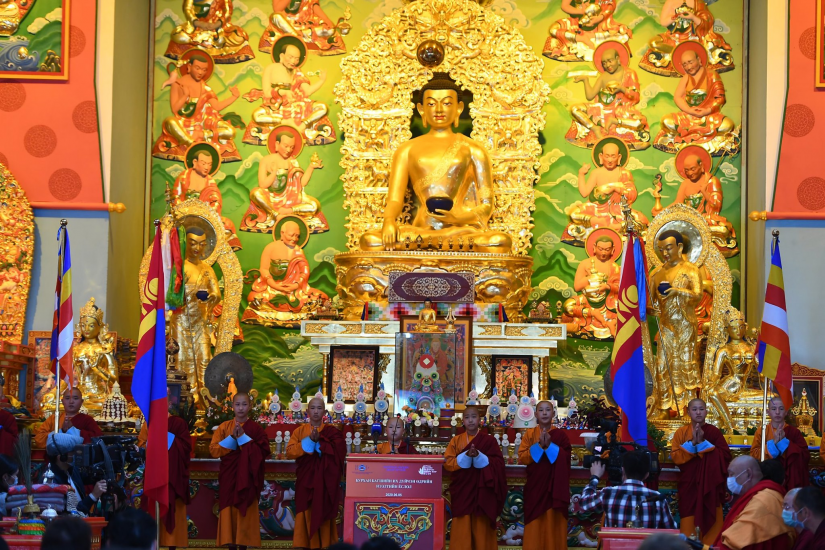
Ulaanbaatar /MONTSAME/. Today, May 26, Mongolia is observing the Buddha Purnima /Vesak/ as an official public holiday for the second year.
The date, which varies from year to year, falls on the 15th day of the first month of summer every year, according to the Buddhist calendar and is dedicated to mark three momentous events in Buddha's life – his birth, enlightenment (nirvana), and his departure (parinirvana) from the human world.
Buddha Purnima is a sacred day in the Buddhist calendar and one of the most important festival of the Buddhists around the world. Followers of Buddhism have been celebrating Buddhist festivals for centuries, but the decision to celebrate this day formally was taken at the first conference of the World Fellowship of Buddhists held in Sri Lanka in 1950.
Mongolia is celebrating this day with various chanting and praying sessions, recital of Buddhist scriptures, Buddhist rituals and ceremonies and events organized mostly at Buddhist monasteries and institutions with live broadcasts on TV and social media channels.
The State Great Khural, parliament of Mongolia, made an amendment to the Law on Public Holidays in December 2019, making the Buddha Purnima a nationwide public holiday, and some parliament members pointed out that the Buddha Day should be celebrated as a day to encourage compassion, empathy and kindness and promote love for mother nature, parents and family.
Some Buddhist priests say that the reason behind Mongolians starting to celebrate this day officially as a public holiday relates to the dominating religion among the population of Mongolia. There are some 364 temples and monasteries operating in Mongolia, 134 of which are of Buddhism. A last year’s population census showed that 53 percent of the country’s populated aged over 15 consider themselves Buddhist. Before Mongolia declared this day as an official holiday, Buddhist in Mongolia had traditionally been commemorating Buddha Purnima with worships for 300-400 years, says Mongolian Buddhist Center of Gandantegchinlen Monastery Senior Khambo Lamam Gabji D. Choijamts.
 Ulaanbaatar
Ulaanbaatar






